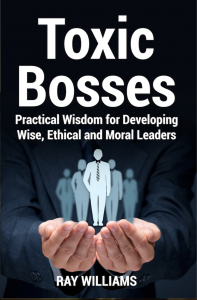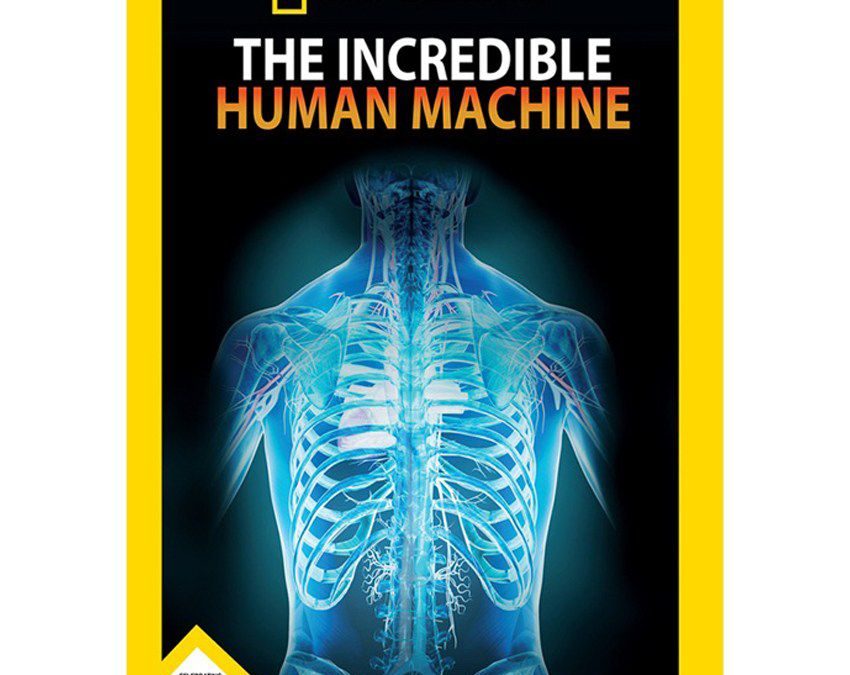By Ray Williams
May 24, 2021

Researchers from University of Amsterdam and Stanford University published a new paper in the Journal of Marketing that examines explores how human-as-machine representations affect consumers — specifically their eating behavior and health.
The study, forthcoming in the Journal of Marketing, is titled “Portraying Humans as Machines to Promote Health: Unintended Risks, Mechanisms, and Solutions” and is authored by Andrea Weihrauch and Szu-Chi Huang.
To combat obesity, governments, marketers, and consumer welfare organizations often encourage consumers to make food choices more rationally. One strategy used is to leverage human-as-machine representations — portraying humans as machines. This approach tries to leverage people’s existing associations about machines — that machines make decisions rationally — to help them approach food in a machine-like manner, with the goal of encouraging healthier choices.
For example, National Geographic’s series “The Incredible Human Machine” describes unhealthy behaviors as (human) “errors” in the maintenance of our bodily machine; Centrum asks consumers to “power the human machine” with healthy food supplements; and the international event Men’s Health Week compares the human body to a car and states that unhealthy food and beverage choices (i.e., alcohol) hurt your “engine.” In addition, consumers experience human-as-machine representations in everyday life: virtual telepresence systems show people as human faces with mechanistic bodies, human enhancement technologies (e.g., augmented reality goggles) represent humans as more machine-like, and artificial intelligence (AI) software further blurs the line between humans and machines.
When consumers see humans portrayed as machines, they feel that they are expected to behave like machines and choose food like machines would — in a rational and calculating manner. This style of choice making is in line with the hopes of policy makers and can lead to desired effects (healthier choices) for some consumers. However, this expectation backfires for a very vulnerable segment of consumers — consumers who have low confidence in their ability to choose healthy food. For them, human-as-machine representations actually lead them to choose unhealthier options.
Why does this occur? Weihrauch explains that “For this consumer segment, the expectation that one should be rational and machine-like when it comes to food feels impossible. Instead of feeling motivated to be more rational, the feeling of not being able to perform like a machine triggers unhealthier choice making instead. Thus, a strategy used with good intentions to educate consumers and improve their health can have an unintended dark side that hurts the very segment that consumer welfare organizations want to help.”
There is hope, though. Research provides a practical solution to help circumvent this backfire effect: accompany the human-as-machine visuals with a message to reassure consumers that making machine-like food choices is doable. By adding this message in a cafeteria, the study found that consumers’ choice of healthy food increased by 22% for some.
These results ring a cautionary bell for nonprofit organizations, policy makers, educators, and for-profit health marketers: the use of human-as-machine imagery can be more complicated than intended because confronting consumers with expectations to be “machine-like” can be risky if not aligned with their abilities. Understanding the potential processes that cause indulgent food choices is also crucial for consumers, especially as human-as-machine stimuli become more prevalent in the lives of consumers around the world.
Read my new book, available on Amazon:Toxic Bosses: Practical Wisdom for Developing Wise, Moral and Ethical Leaders, where I examine in detail the impact that toxic bosses have on employee well-being.


